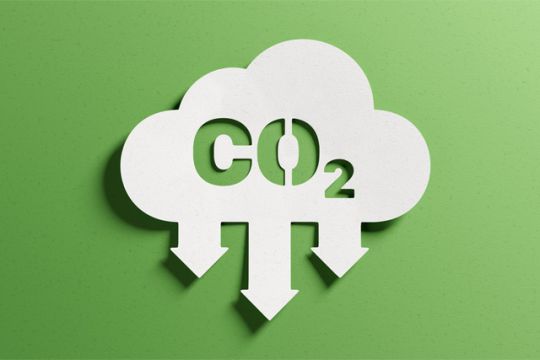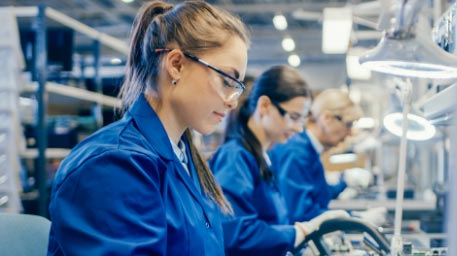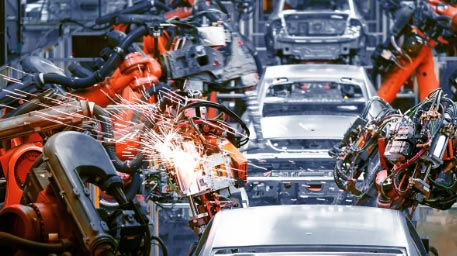
In a groundbreaking initiative, the Levidian project has taken off in Manchester, showcasing an innovative approach to decarbonise biogas produced by wastewater treatment. This collaborative effort, backed by government funding, leverages Levidian's cutting-edge LOOP technology at the Manchester Bioresources Centre in Davyhulme, operated by United Utilities.
The LOOP technology employs a fascinating process that converts methane into both hydrogen and carbon, with the latter component being used to synthesise graphene. Graphene, renowned for its exceptional strength comparable to steel and its paper-thin dimensions, holds immense promise for a range of applications.
Building on a successful feasibility study, this endeavour marks the inaugural demonstration of the LOOP100 system. With a £3 million grant from the Department of Energy Security and Net Zero Hydrogen BECCS Innovation Programme competition, the project is set to undertake over 1,000 hours of in-situ testing. These tests will validate the efficient production of separated hydrogen and graphene.
The collaborative effort extends beyond Levidian and United Utilities. Liverpool John Moores University will assess the potential applications of hydrogen in the Liverpool City Region. Jacobs, a key partner, will contribute expertise in carbon lifecycle assessment, social value analysis, and commercialisation. A significant focus of the project involves developing graphene applications in tandem with United Utilities. The goal is to reduce the carbon footprint of concrete used within the company's capital program.
While the initial LOOP100 model processes approximately 15m3 of biogas per hour, this demonstration paves the way for larger installations. United Utilities aims to establish a sustainable method for hydrogen production from biogas.
This endeavour couldn't be timelier for the UK's pursuit of net-zero emissions. This partnership introduces groundbreaking technology to the North West, aligning with Manchester's ambitious objective of becoming a zero-carbon city by 2038. Additionally, it contributes to the broader mission of decarbonising the water industry.
Levidian’s CEO, John Hartley, said: “There’s nowhere better to be embarking on the next phase of Levidian and United Utilities’ partnership than in Manchester, where graphene was discovered. We are excited about the potential of this collaboration and appreciate the Government’s support for the next phase of its development.”
Lisa Mansell, Chief Engineer (Innovation) for United Utilities, added: “This is an incredibly exciting development. As well as enabling use to capture carbon from our biogas production, it will also recover two high value products – hydrogen and graphene – which is a positive step forward in reaching carbon reduction targets for both United Utilities and the wider North West.”
Reference: envirotecmagazine.com “Levidian project kicks off in Manchester, producing hydrogen and graphene from wastewater”





